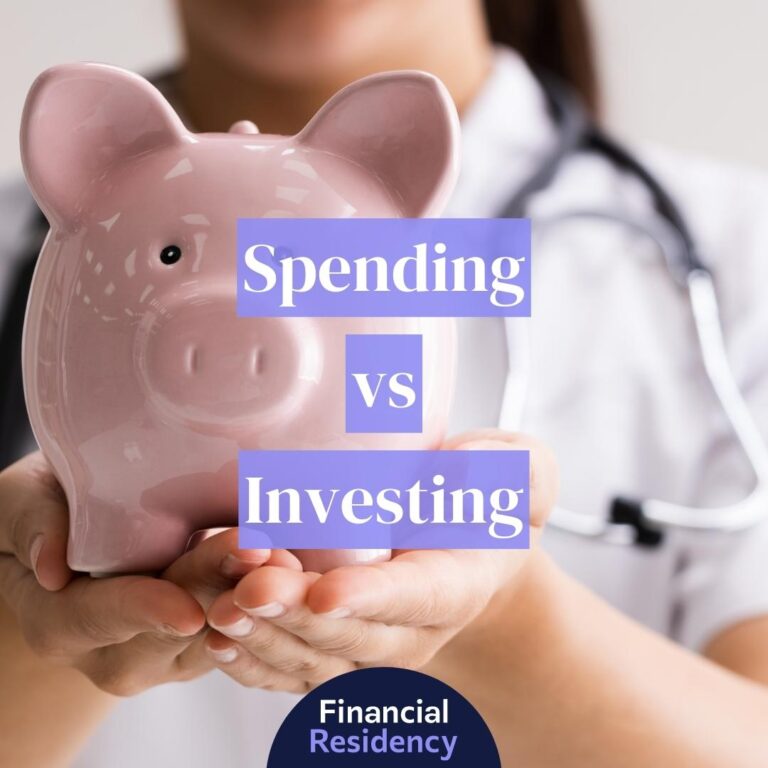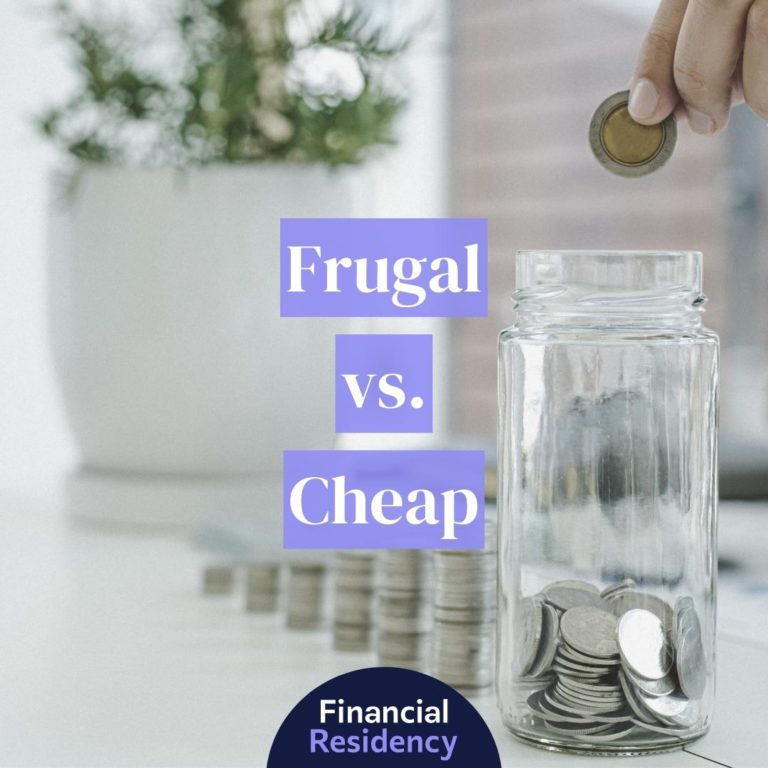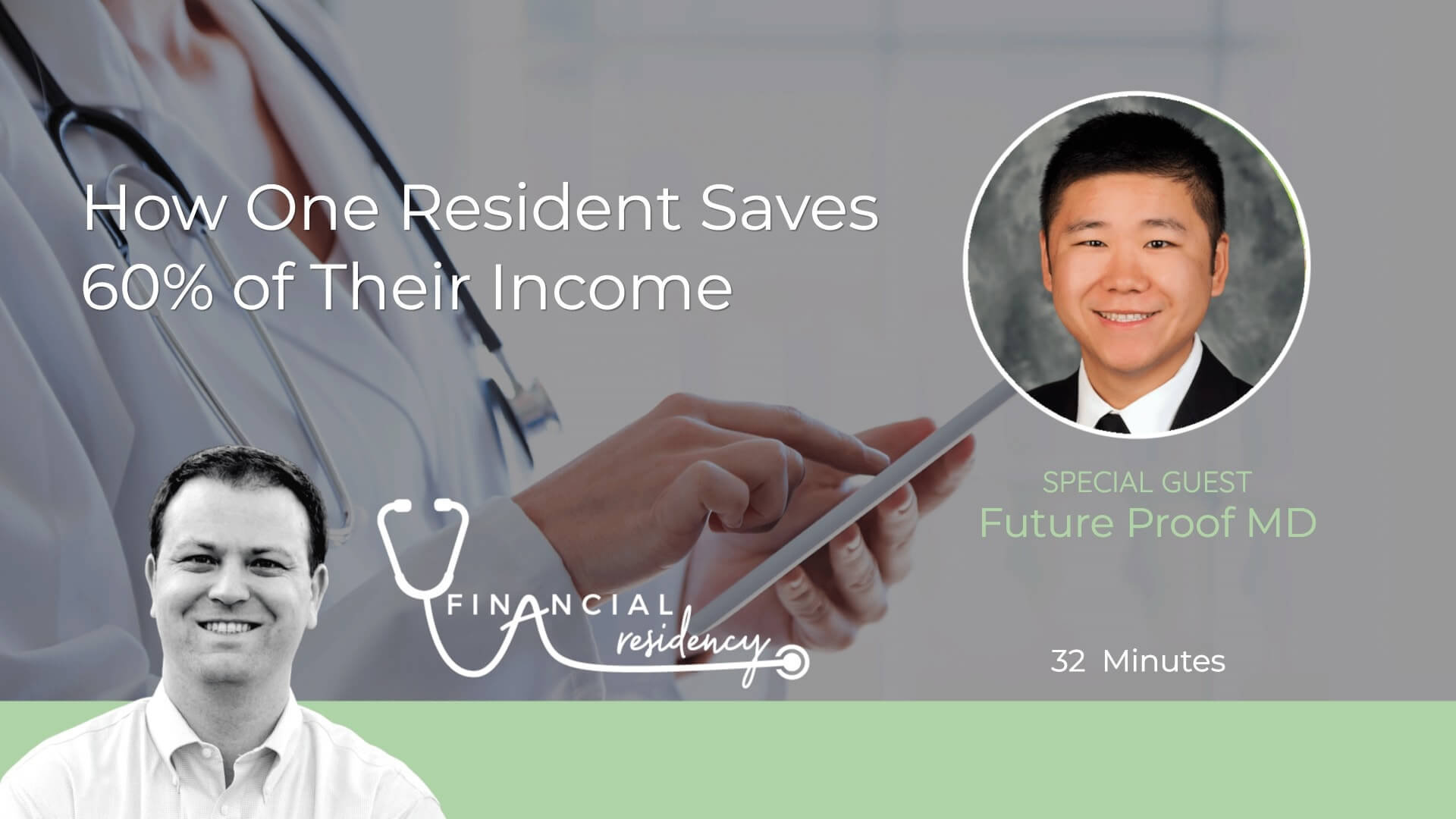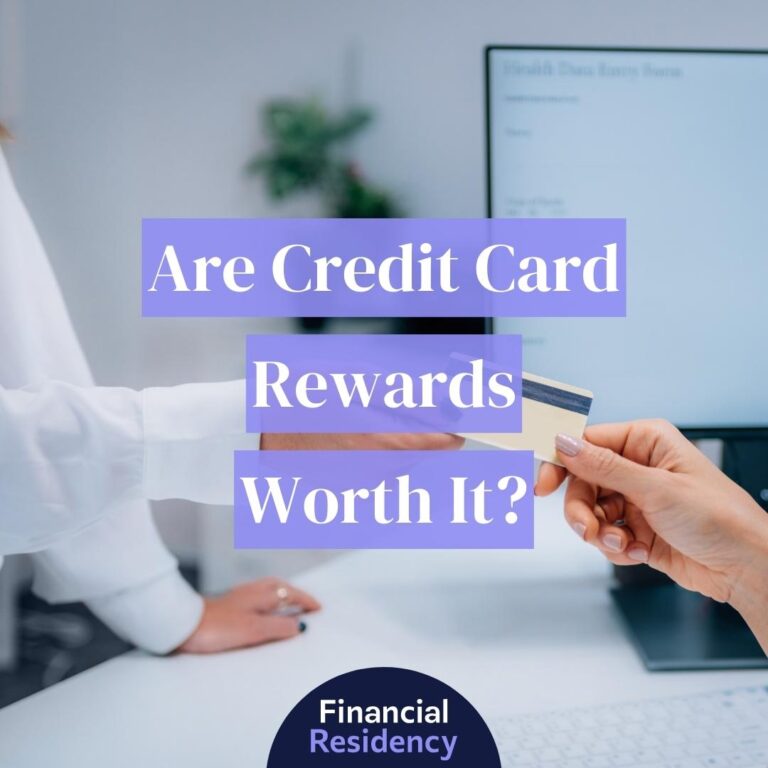 Investing
Investing
Topic:
Spending Habits
As a physician, you have tremendous earning potential. But with that high income also comes the potential for lifestyle creep. And we get it: It’s easy to fall into the trap of buying expensive cars and homes and filling your closet with designer clothes. But if you’re not careful, these spending habits can sabotage your long-term financial goals. The key is to strike a balance: Set aside for savings and investments, and don’t be afraid to enjoy the rest. Our experts cover how to enjoy the physician lifestyle without jeopardizing your financial future.
 Investing
Investing
 Money Mindset
Money Mindset
 Spending Habits
Spending Habits
 Spending Habits
Spending Habits
 Spending Habits
Spending Habits










